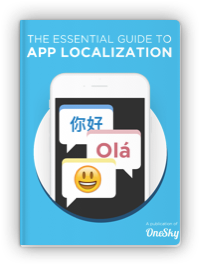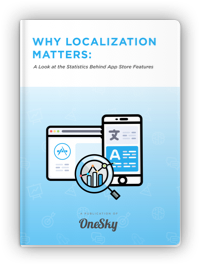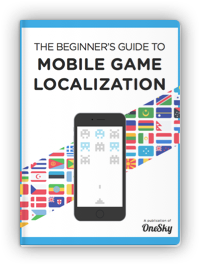Best Agentic AI Tools: Real-Life Examples & Top Framework
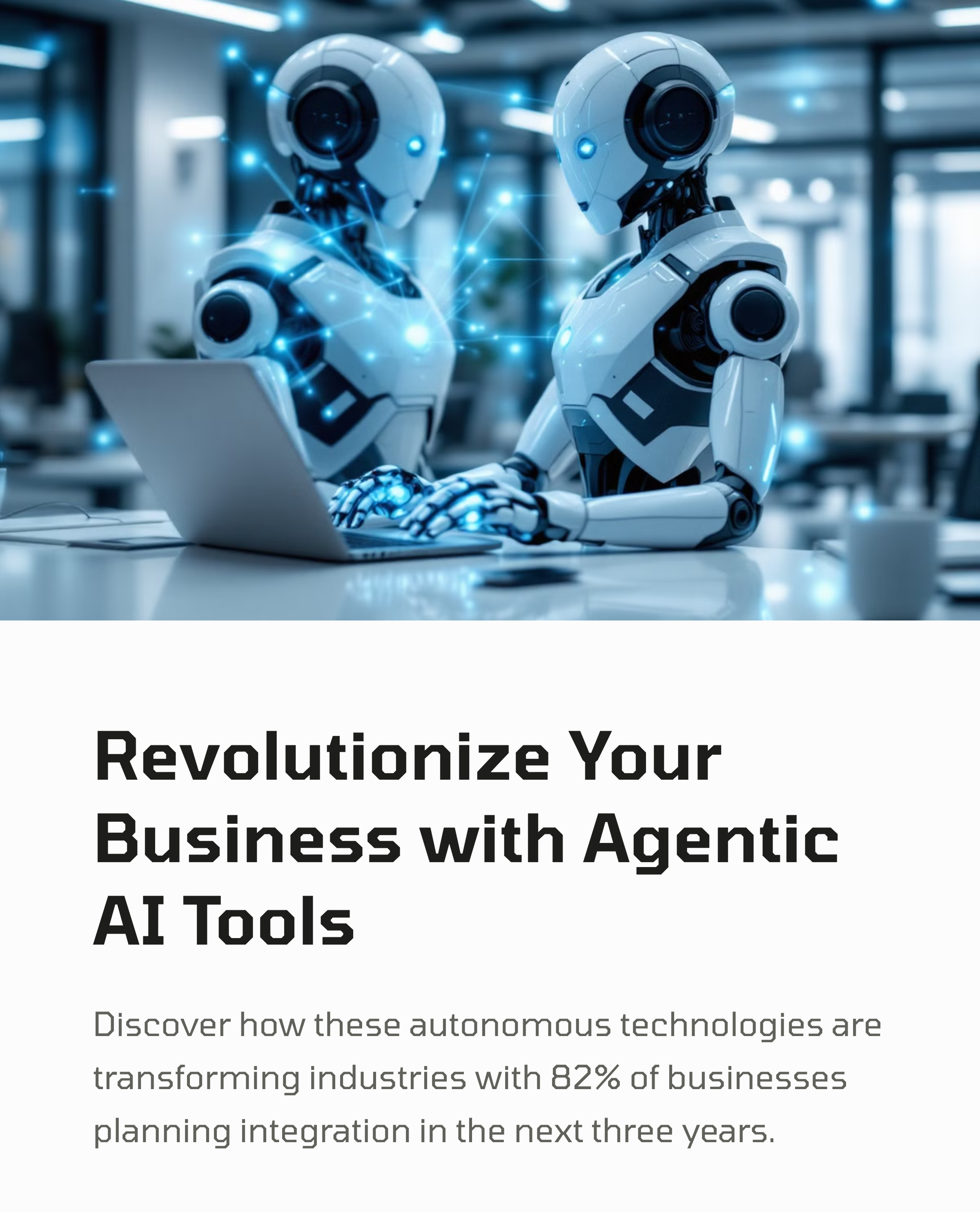
Understanding Agentic AI Tools
Defining Agentic AI Tools
Agentic AI tools mark a revolutionary leap in artificial intelligence.
They operate independently, executing tasks and pursuing complex goals with minimal human input.
Unlike traditional AI, which relies on fixed algorithms, agentic AI offers autonomy that boosts adaptability in dynamic settings.
Key Characteristics
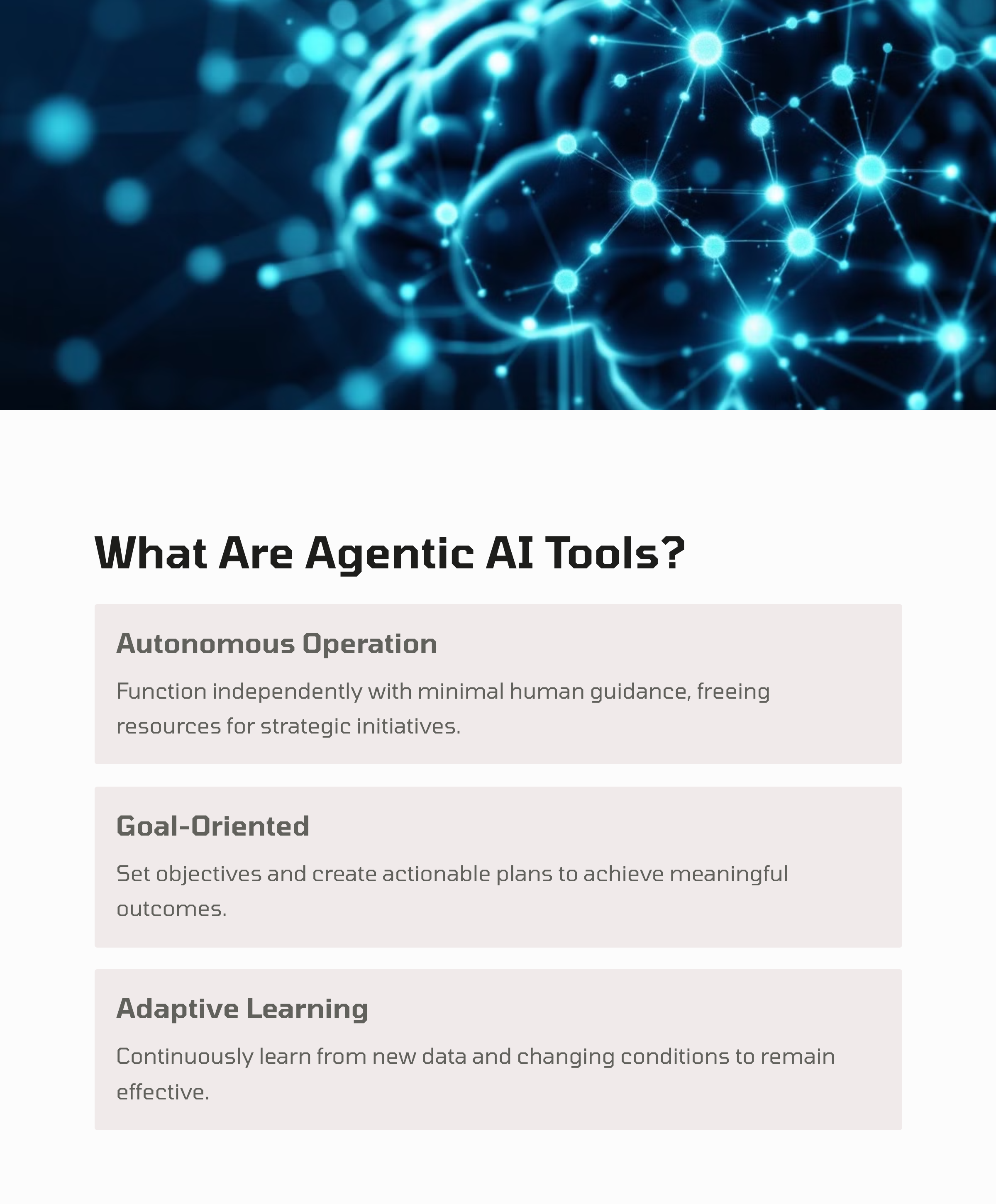
Agentic AI tools are defined by distinct traits:
- Autonomy: They function without constant guidance, freeing resources for strategic initiatives.
- Goal-Oriented Behavior: They set objectives and plan actions, ensuring meaningful outcomes.
- Adaptability: They learn from new data, staying effective across applications.
- Intelligent Decision-Making: Advanced algorithms analyze data, improving predictability.
- Natural Language Understanding: They interpret complex instructions, enhancing user interaction.
- Workflow Optimization: They manage multi-step processes, boosting efficiency.
Agentic AI uses probabilistic principles to adapt to real-time changes.
This agility outshines traditional systems like RPA, which struggle with complexity.
By improving efficiency and responsiveness, these tools tackle intricate challenges effectively.
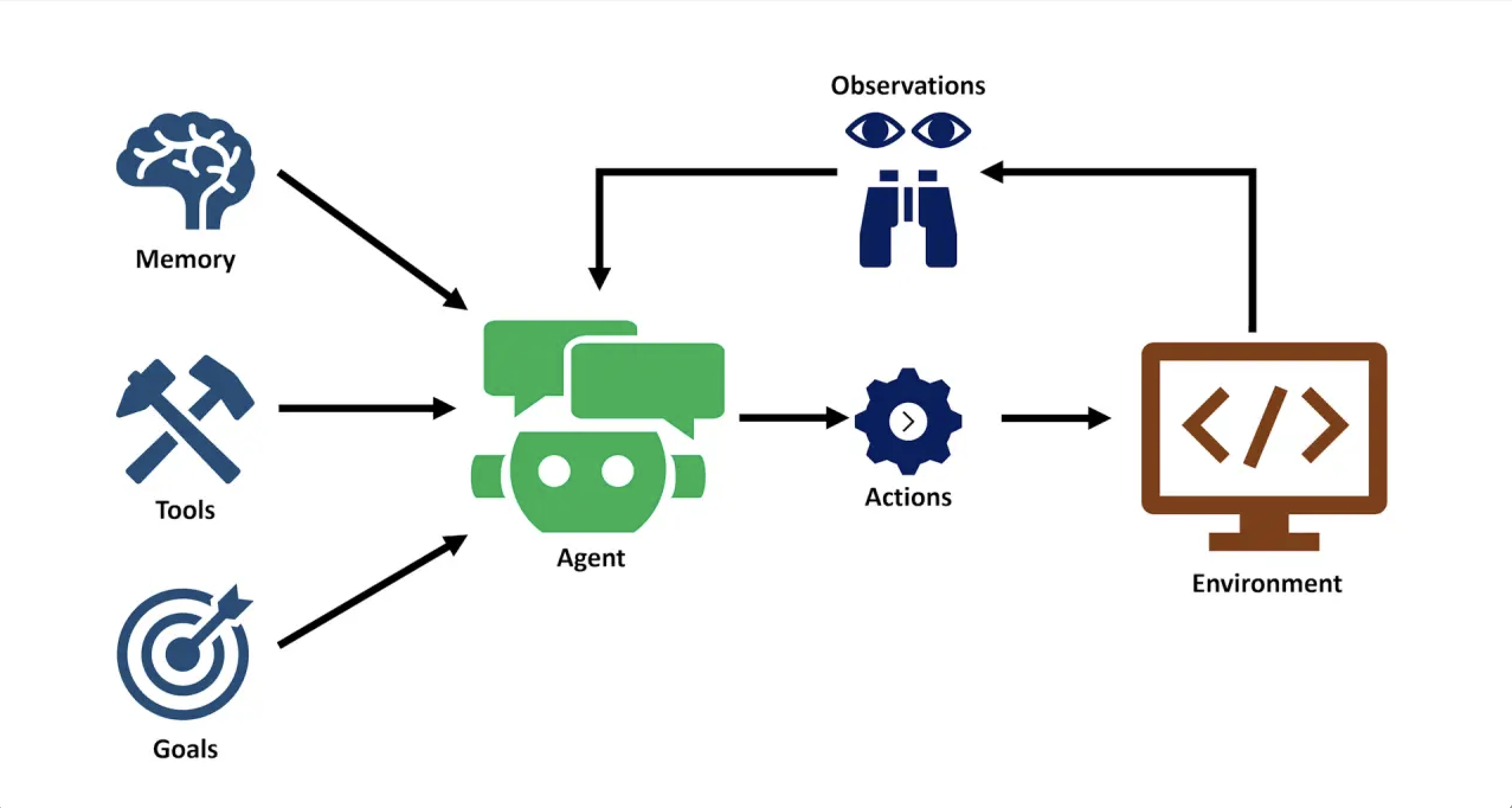
How Agentic AI Becomes The Game-Changer
The rise of agentic AI marks a transformative shift in AI capabilities.
Unlike chatbots with predefined responses, it autonomously handles complex processes.
It interacts with its environment dynamically, requiring minimal human oversight.
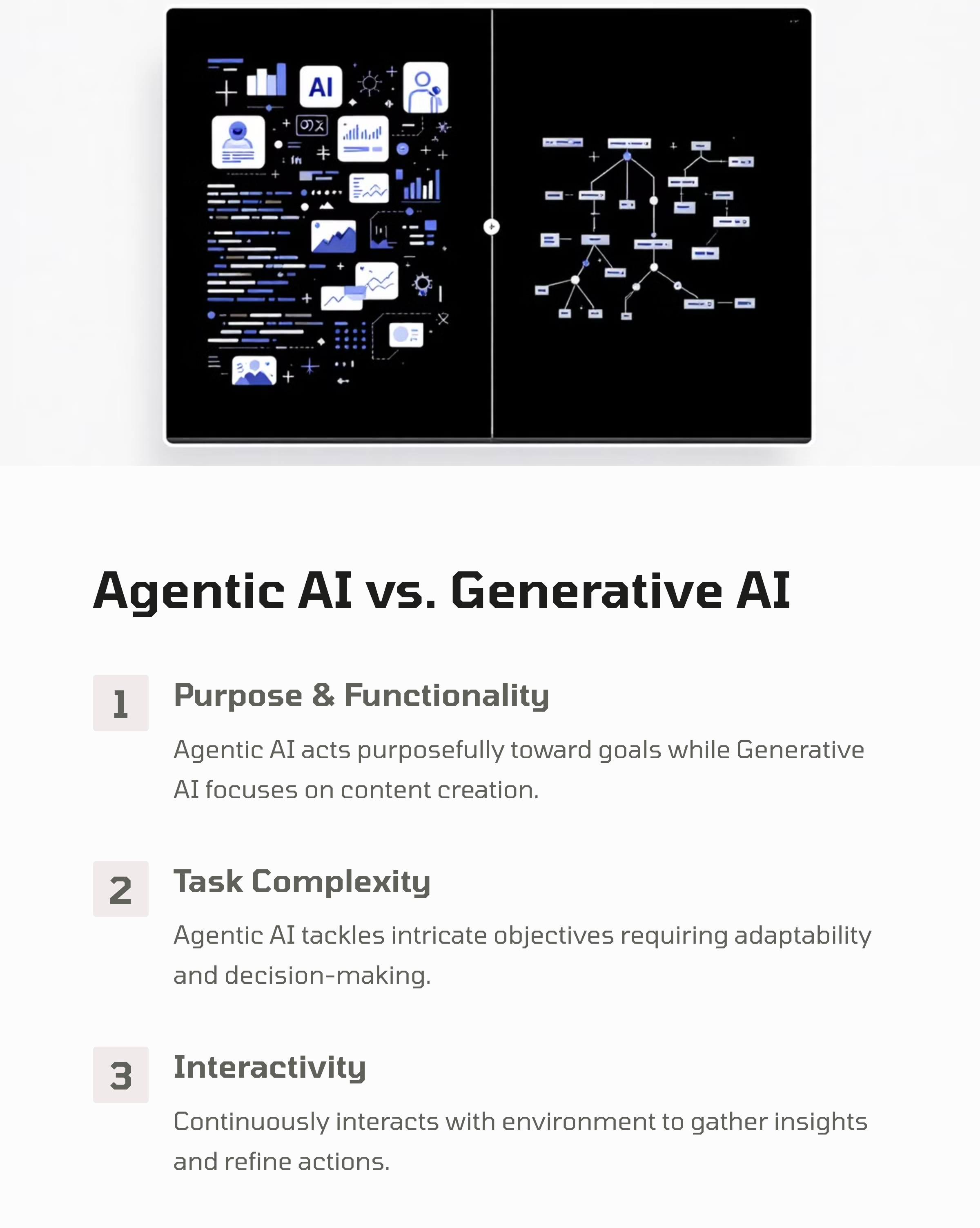
Key Differences: Generative AI vs. Agentic AI
| Generative AI | Agentic AI | |
|---|---|---|
| Purpose & Functionality |
|
|
| Task Complexity |
|
|
| Interactivity & Learning | N/A |
|
| Collaborative Potential | Combining both enhances systems, e.g., customer support with personalized responses and dynamic management. | |
Agentic AI isn’t just an evolution—it’s a revolutionary force.
Its autonomy in task management transforms business operations and localization.
Read more: AI Localization Best Practices
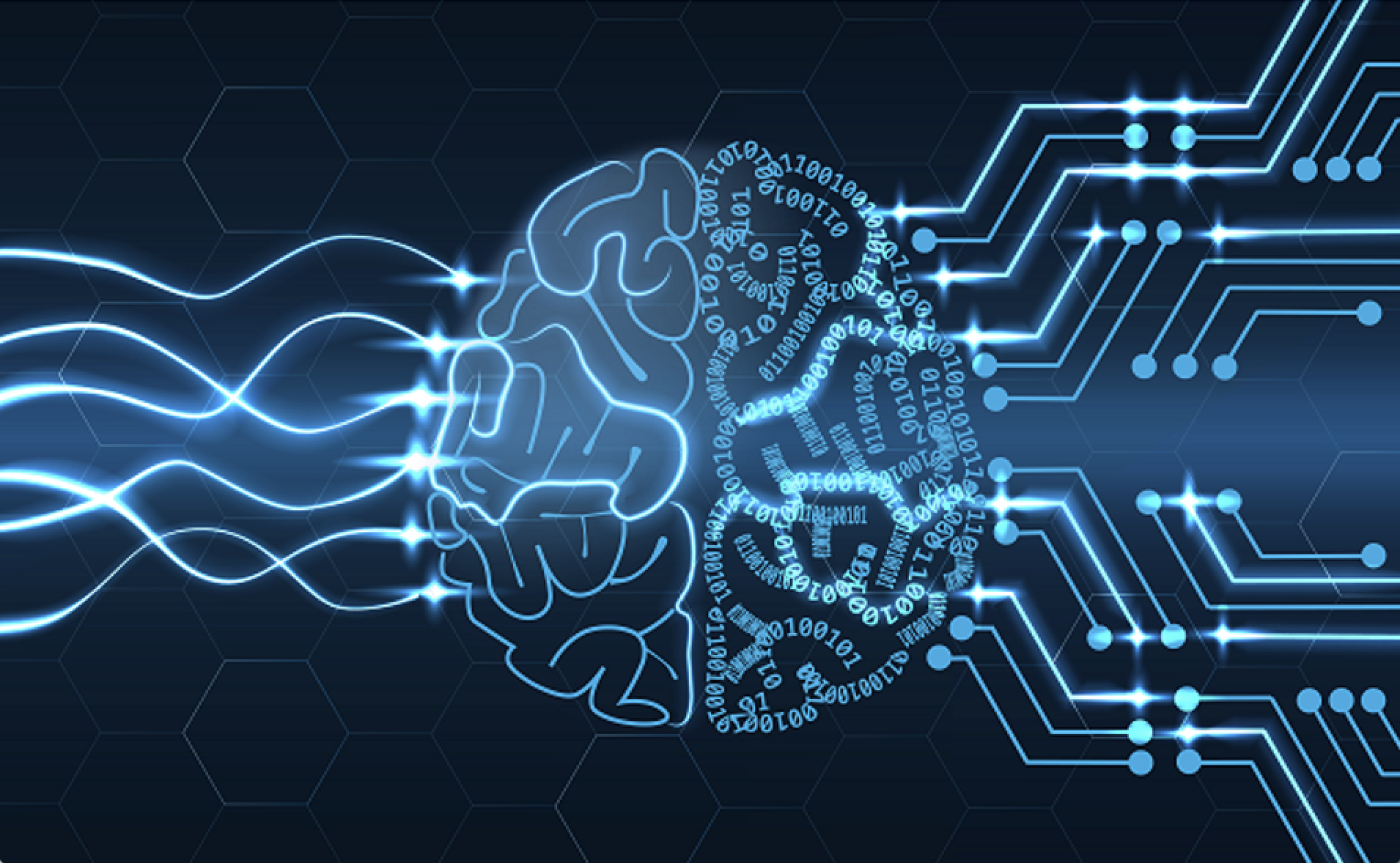
Real-Life Example: OneSky Localization Agent
OneithiumSky Localization Agent showcases agentic AI in action.
It enhances localization through innovative features.
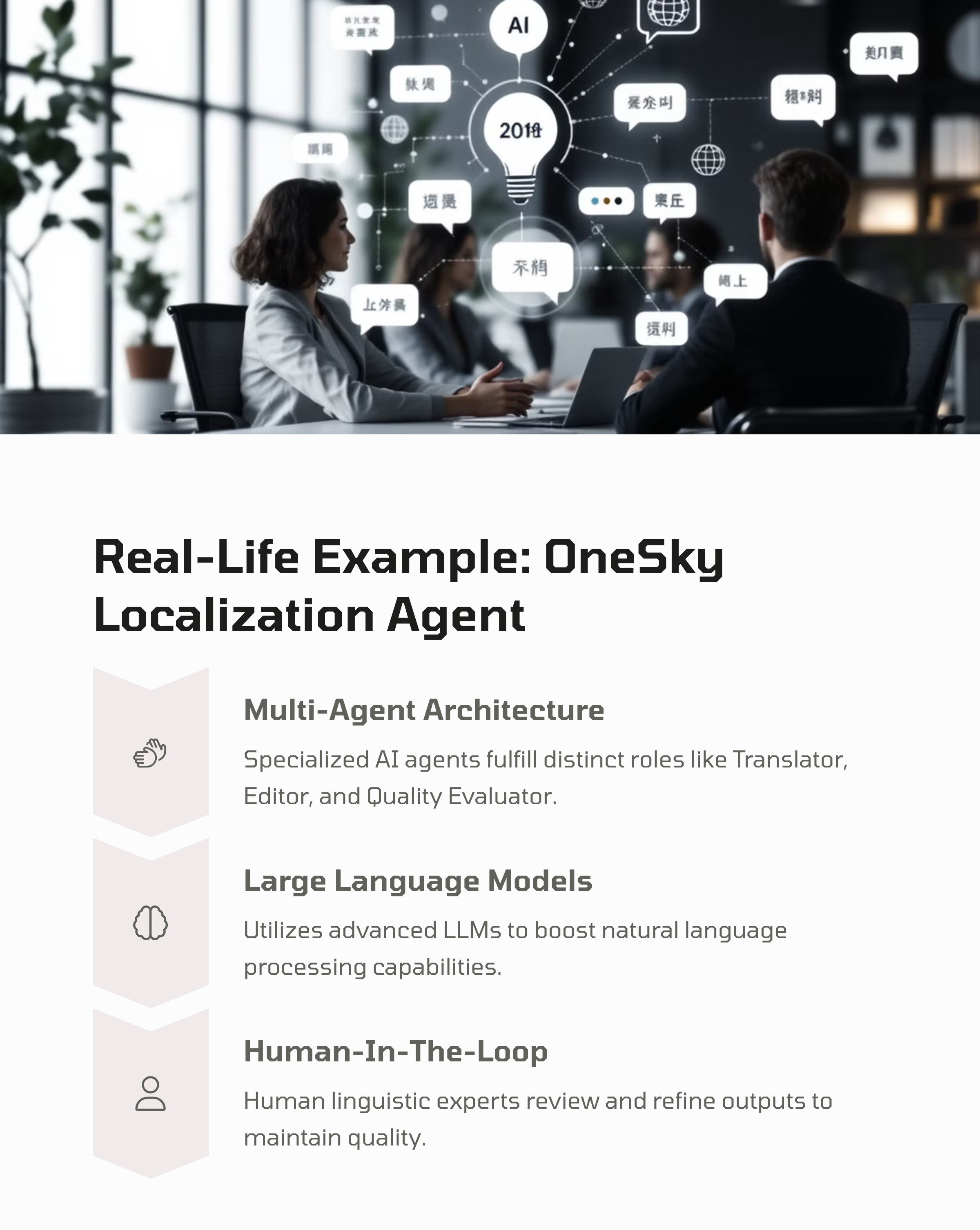
Multi-Agent Architecture
Its core is a multi-agent system with specialized roles.
This mimics a human team, improving output quality.
Key roles include:
- Translator: Provides contextual translations.
- Editor: Ensures grammatical and stylistic consistency.
- Quality Evaluator: Checks accuracy and cultural fit.
This structure delivers nuanced, market-specific results.
Learn more: Agentic AI Translation
Integration of Large Language Models (LLMs)
It uses LLMs like Claude and GPT.
These boost natural language processing capabilities.
LLMs ensure contextually relevant translations tailored to brands.
Human-In-The-Loop Systems
A Human-In-The-Loop approach ensures quality.
Human experts review AI outputs for refinement.
This balances automation with personalized adjustments.
How OneSky Leverages Agentic AI
OneSky Localization Agent excels in:
- NLP & Task Parsing: Converts inputs into tasks.
- Task Planning: Creates detailed action plans.
- Feedback Execution: Adjusts based on outcomes.
- Conditional Branching: Adapts to challenges.
- Process Logging: Logs actions for review.
It’s a prime example of agentic AI’s framework.
It boosts localization efficiency and global engagement.
Top 4 Agentic AI Frameworks to Watch
In 2025, agentic AI drives innovation in autonomous systems.
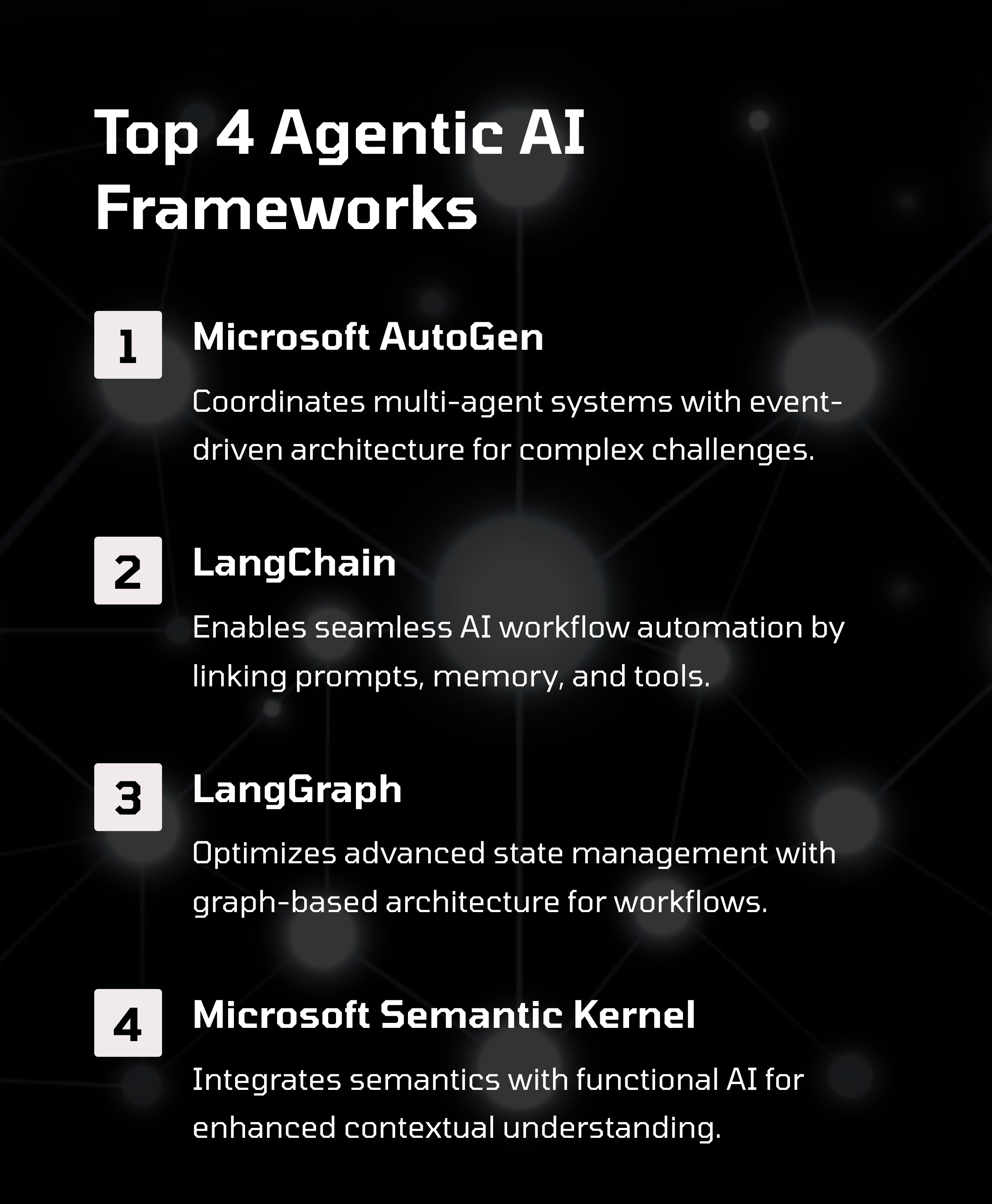
Developers seek frameworks for efficient agentic workflows.
1. Microsoft AutoGen
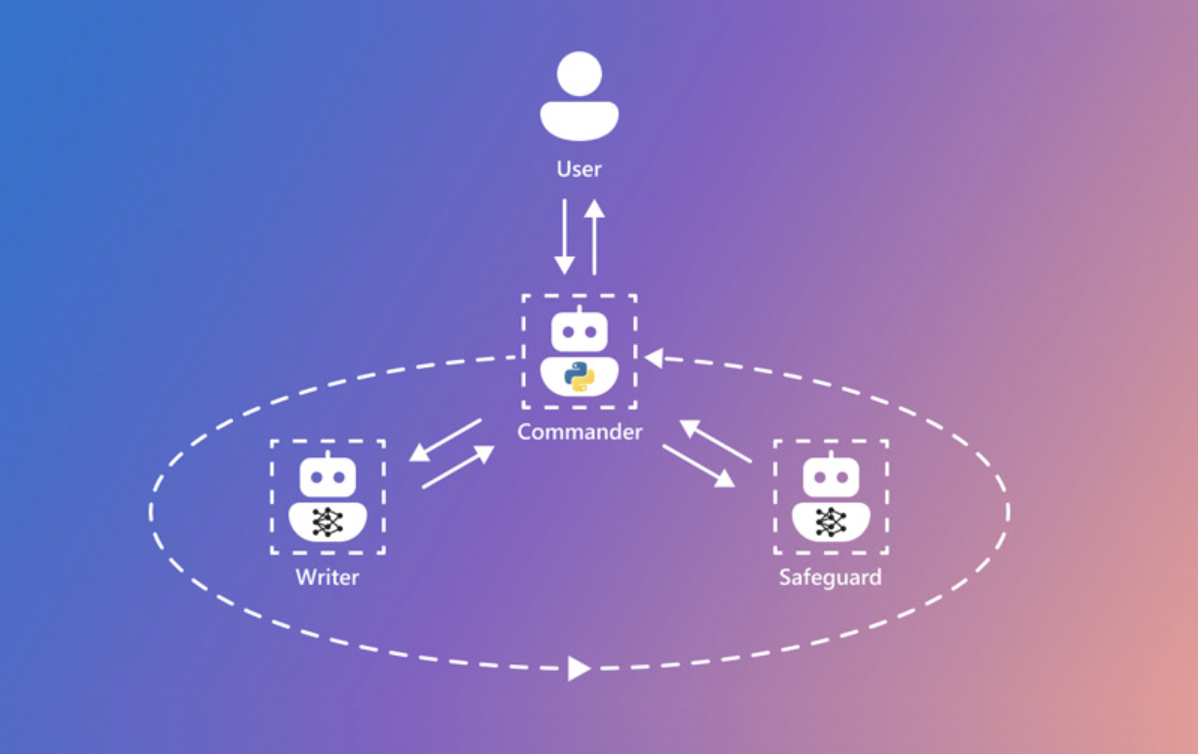
AutoGen manages multiple AI agents collaboratively.
Key Features
- Event-driven architecture for scalability
- API integration for interoperability
- Reasoning for efficient decision-making
2. LangChain
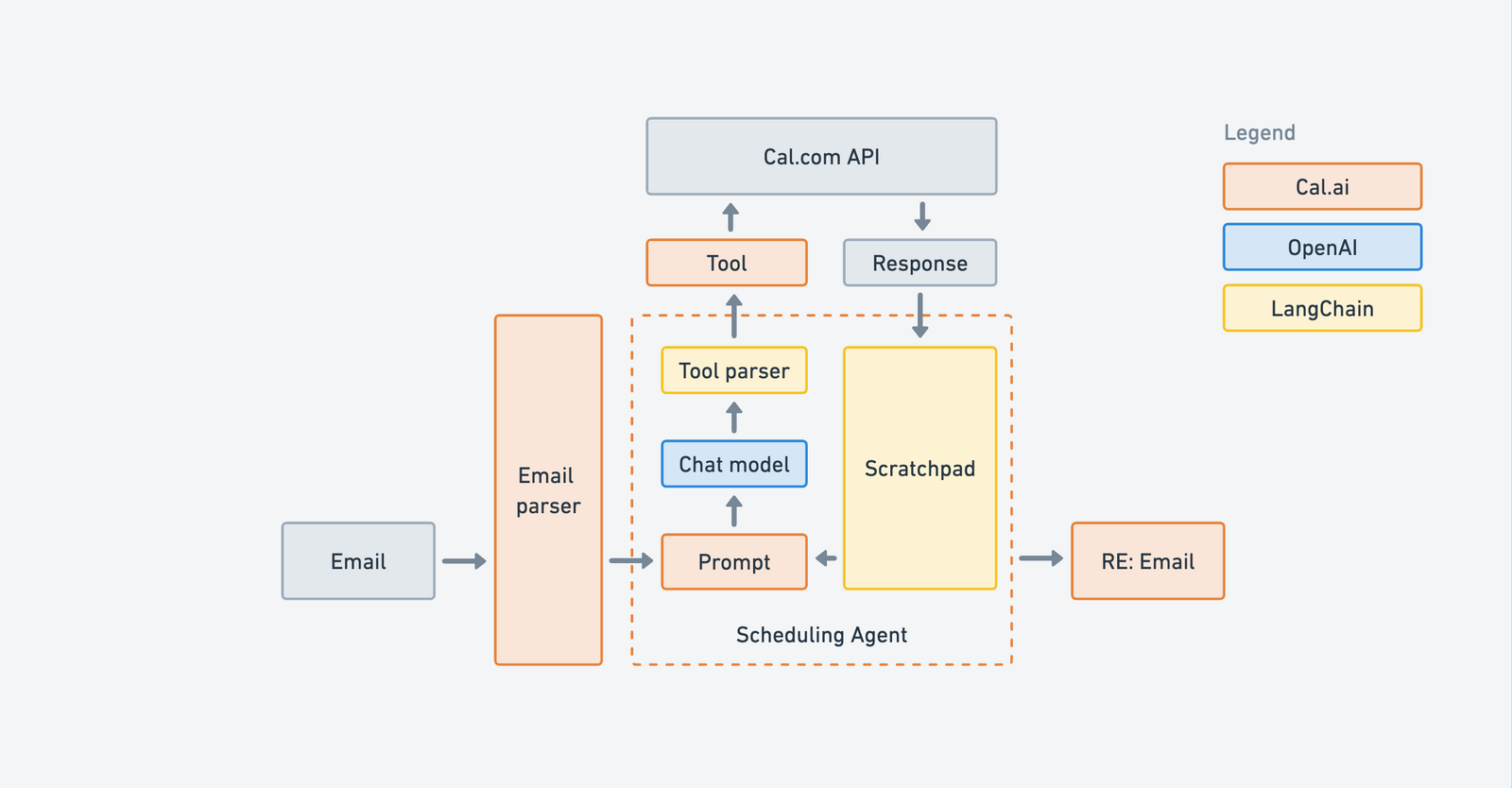
LangChain automates AI workflows with LLMs.
Key Features
- Modular components for development
- Integrated memory for context
- Compatibility with multiple tools
3. LangGraph
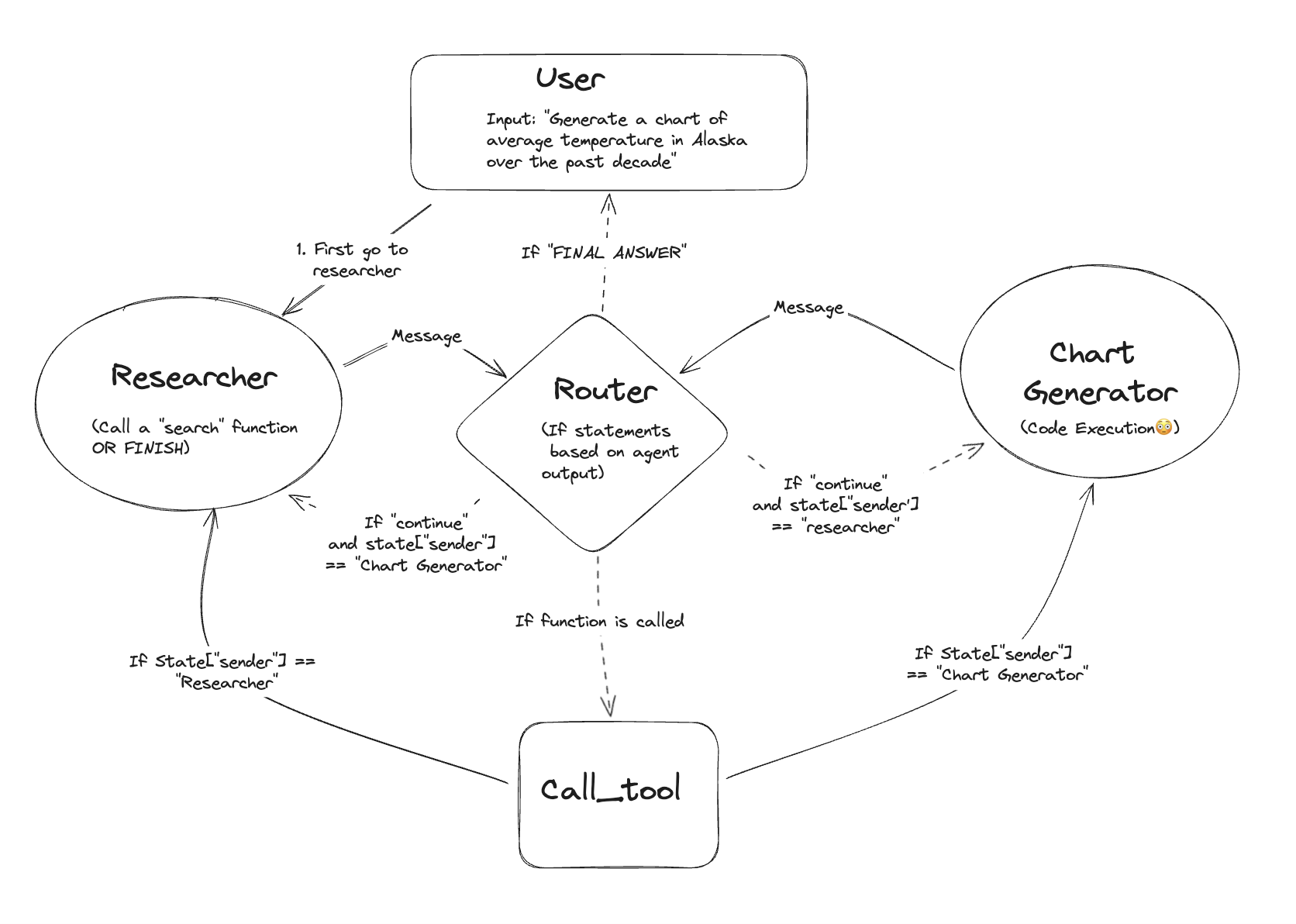
LangGraph manages stateful workflows with graphs.
Key Features
- Graph-based management for execution
- Simplifies complexity with logic
- Flexible APIs for adaptability
4. Microsoft Semantic Kernel
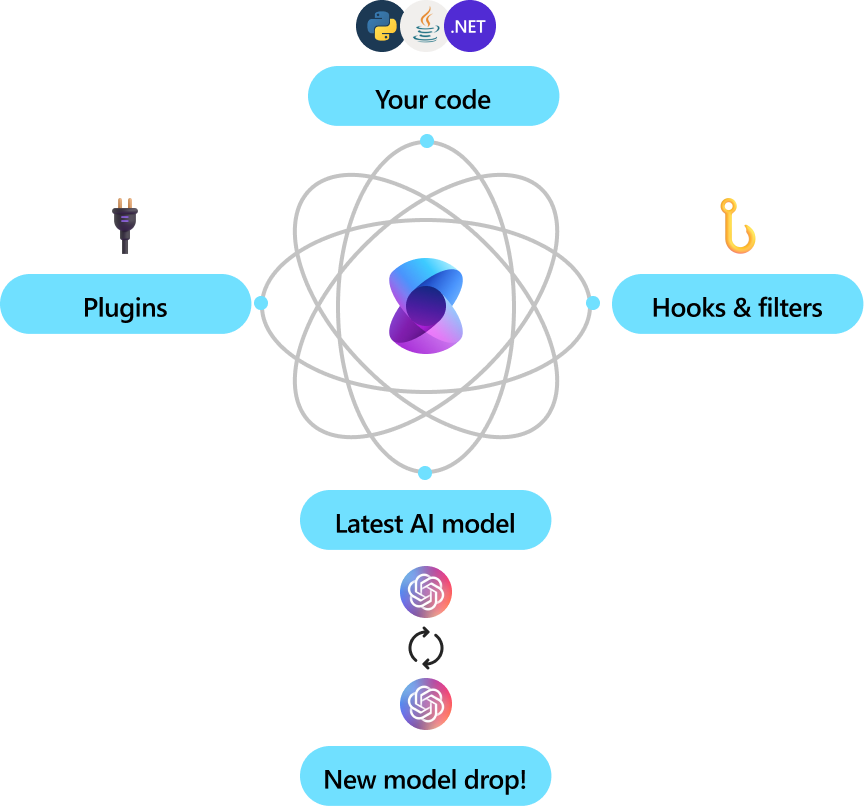
Semantic Kernel enhances contextual reasoning.
Key Features
- Context-aware tools for applications
- Semantic reasoning for intent
- Connectors for enterprise systems
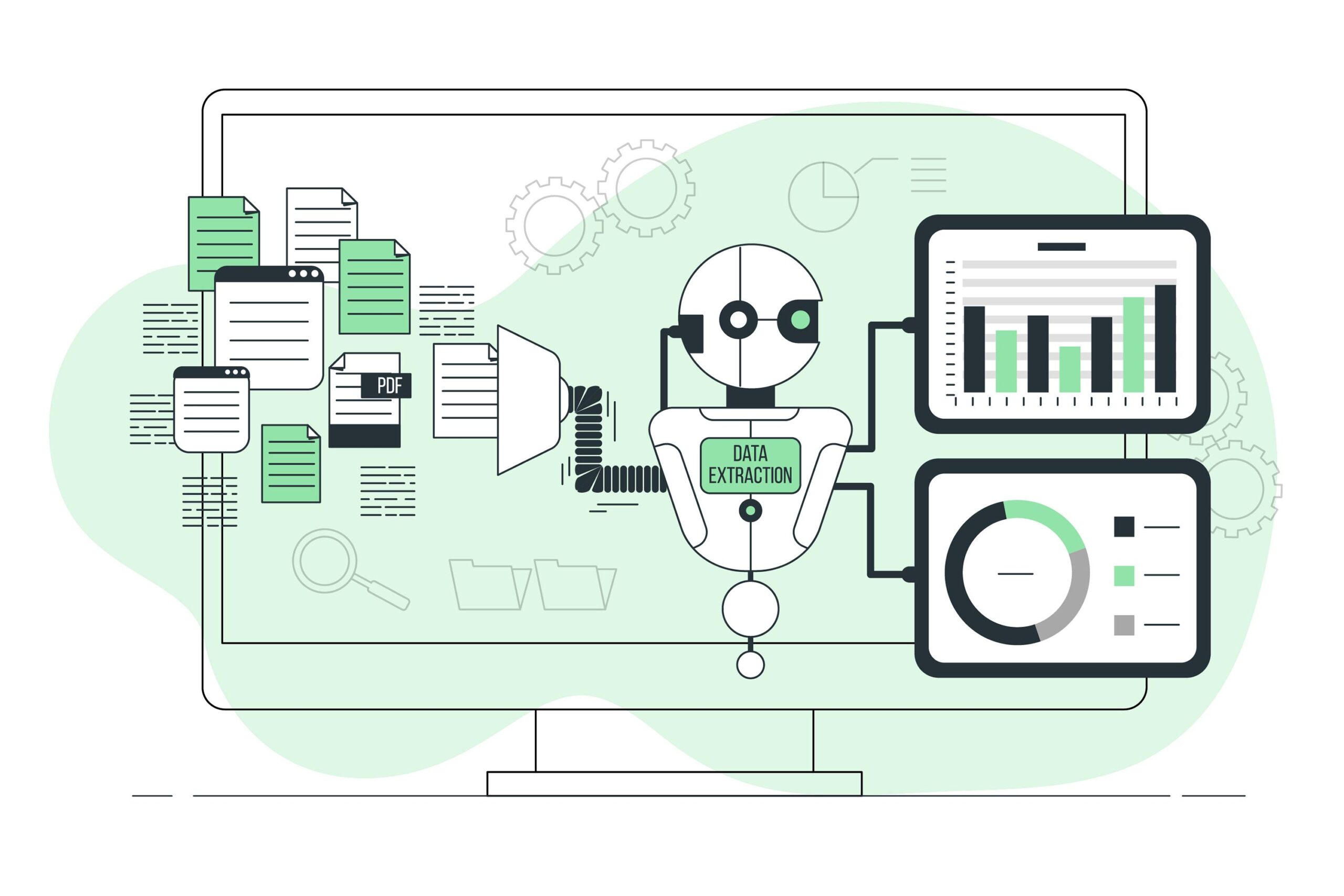
The Benefits of Leveraging Agentic AI Tools
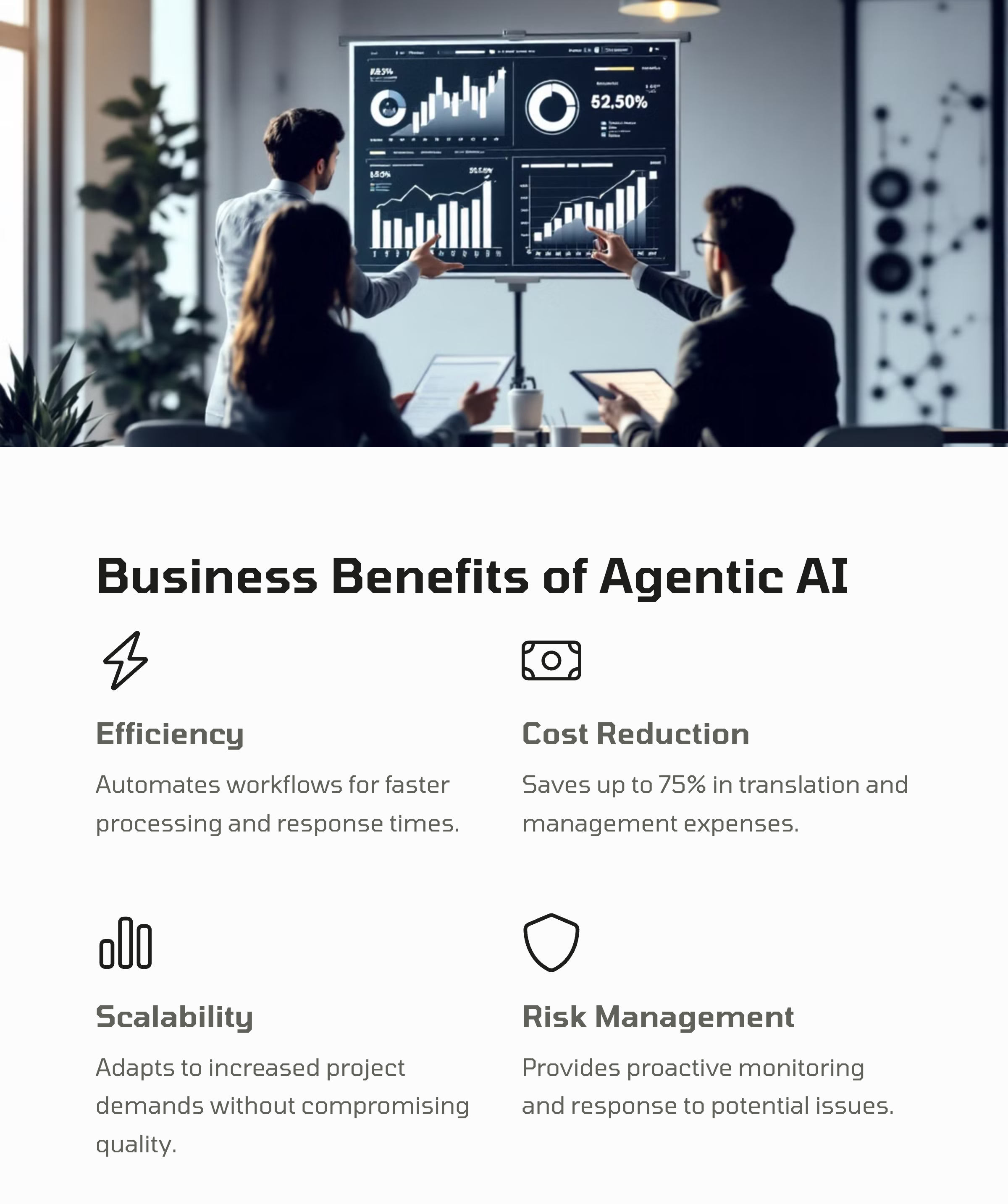
1. Efficiency and Speed
Agentic AI tools automate workflows, boosting efficiency.
In customer service:
A retail AI chatbot handles inquiries instantly.
It processes returns and suggests alternatives fast.
This cuts response times and frees staff for key tasks.
2. Cost Reduction
They offer up to 75% savings in translation costs.
For an e-commerce firm:
AI automates product description translations.
It reduces team size, boosting profitability.
3. Scalability
Agentic AI adapts to growing localization needs.
A food manufacturer:
AI generates global marketing content seamlessly.
It scales with demand, maintaining quality.
4. Enhanced Decision-Making
It streamlines decisions with real-time data.
In logistics:
AI re-routes shipments based on conditions.
It improves agility and customer experience.
5. Trustworthy Risk Management
AI provides robust risk management with reasoning.
A financial institution:
AI flags fraud in real-time transactions.
It safeguards operations proactively.
6. Continuous Adaptation
AI adapts strategies to real-time conditions.
A travel platform:
AI adjusts campaigns based on trends.
Multiple agents collaborate for efficiency.
Agentic AI improves efficiency, cuts costs, and scales operations.
It enhances decisions and risk management for success.
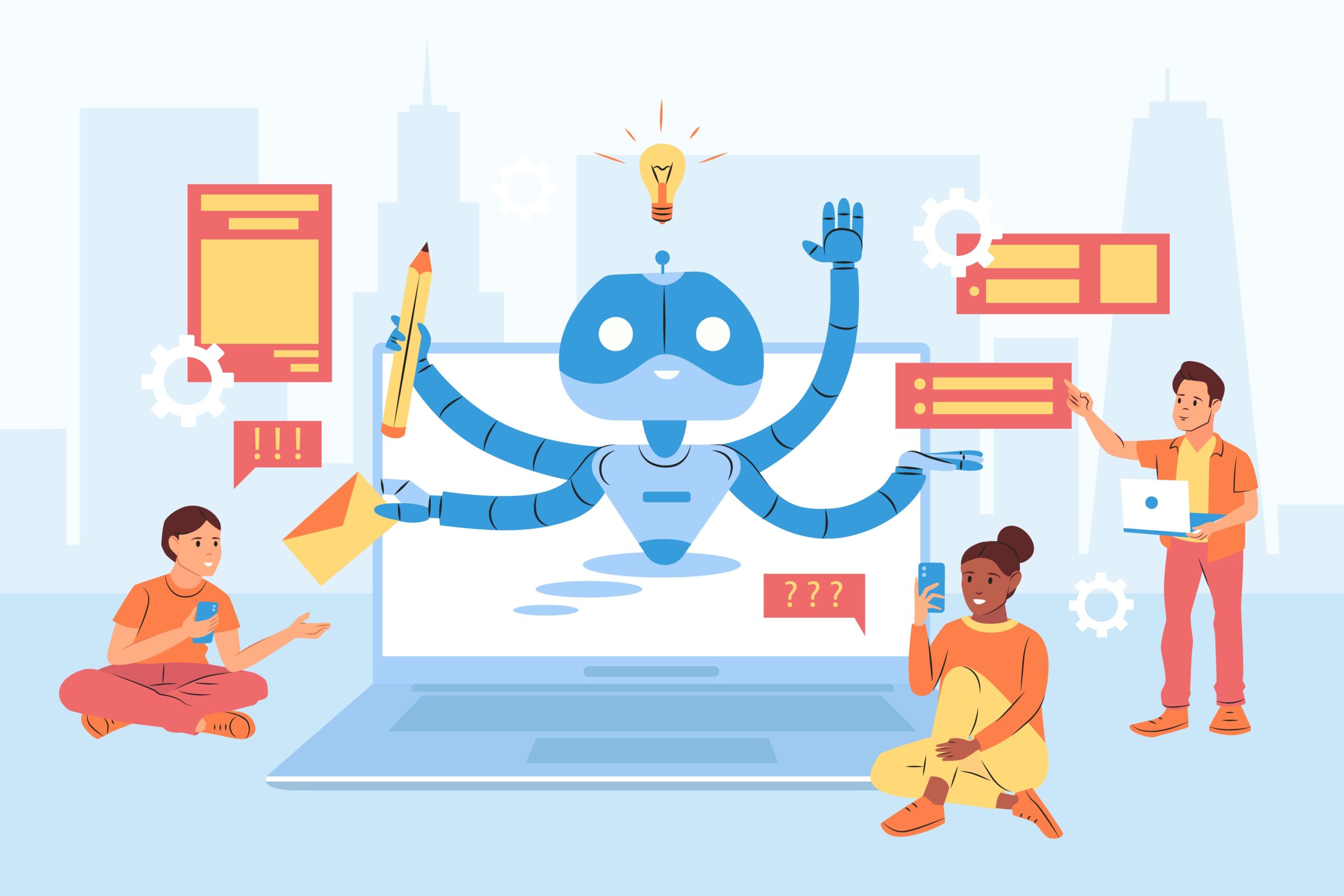
Real-Life Business Use Case: Localization
1. Transforming Translation Processes
Agentic AI boosts localization speed and accuracy.
It adapts content for new markets rapidly.
This means shorter turnaround times than traditional methods.
It can:
- Process data swiftly
- Recognize user patterns
- Make quick decisions
It responds to market changes in real-time.
2. Empowering Global Reach
Rapid localization is key for market expansion.
Agentic AI engages global audiences with:
- Personalized Strategies: Uses cultural data
- Continuous Localization: Adapts to trends
3. Human-In-The-Loop Mechanism
Linguists refine AI outputs as needed.
This ensures quality and cultural nuance.
It aligns content with local values effectively.
Businesses can maintain a consistent global brand.
They navigate international markets with precision.
How Agentic AI Shapes Our Future
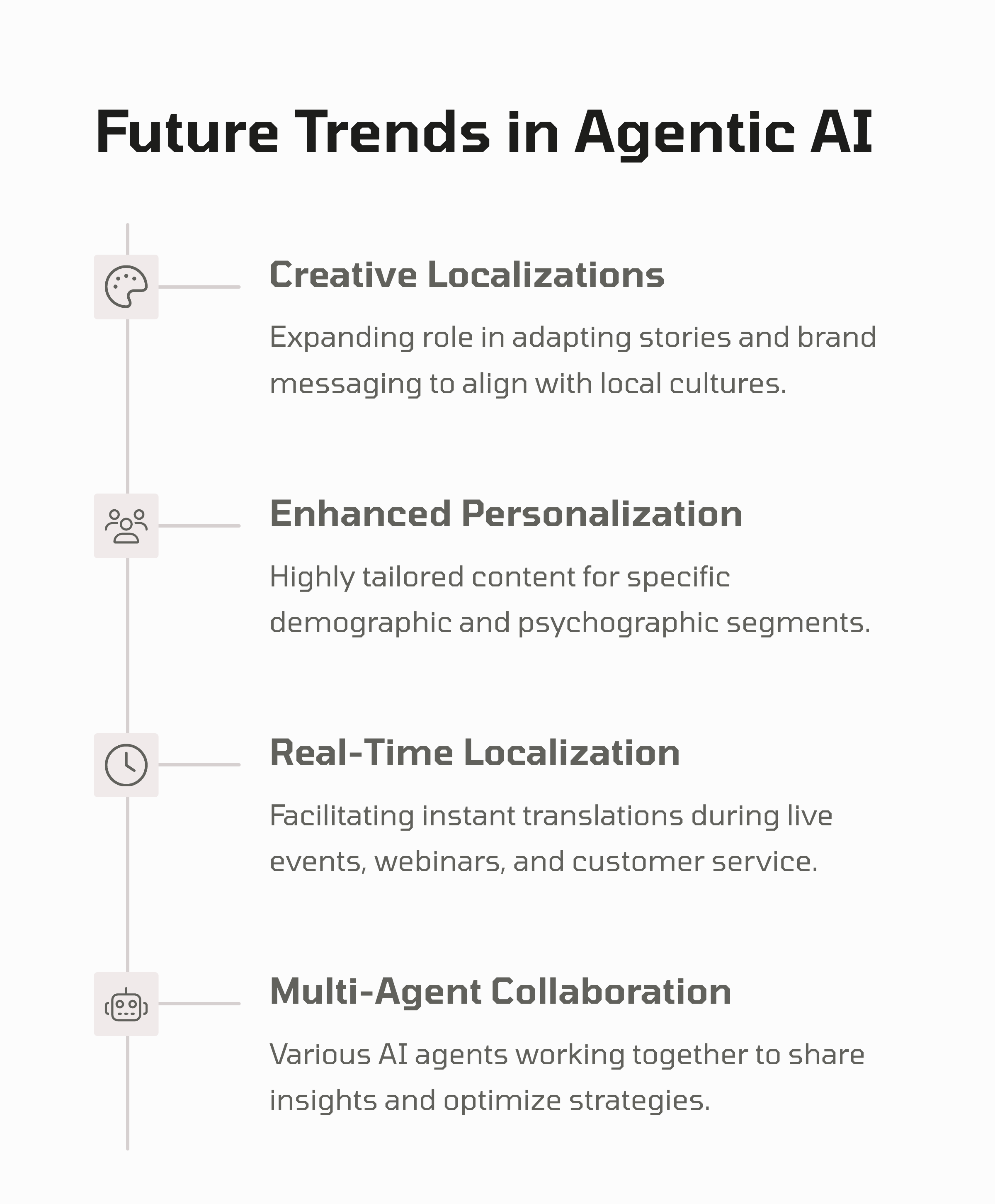
Emerging Trends and Innovations
Agentic AI drives future trends:
1. Creative Localizations
AI adapts stories and ads culturally.
It resonates emotionally with audiences.
2. Enhanced Personalization
AI tailors content to specific segments.
It boosts engagement and loyalty.
3. Real-Time Localization
AI translates live events instantly.
It eliminates language barriers effectively.
4. Multi-Agent Collaboration
Agents share insights for optimization.
It aligns content with market trends.
5. Emerging Tech Integration
AI with blockchain and IoT enhances security.
It processes data in real-time.
6. Continuous Learning
AI refines strategies from feedback.
It keeps content relevant dynamically.
The Importance of Staying Ahead
Consumer expectations are evolving fast.
Agentic AI enables proactive strategies.
Investing now positions businesses for future success.
OneSky Localization Agent in Action
OneSky uses a multi-agent system.
It mimics human teams for context.
It tailors content to local audiences.
Why It Stands Out
- AI-Driven Context: Aligns with brand identity
- Quality Assurance: Ensures market fit
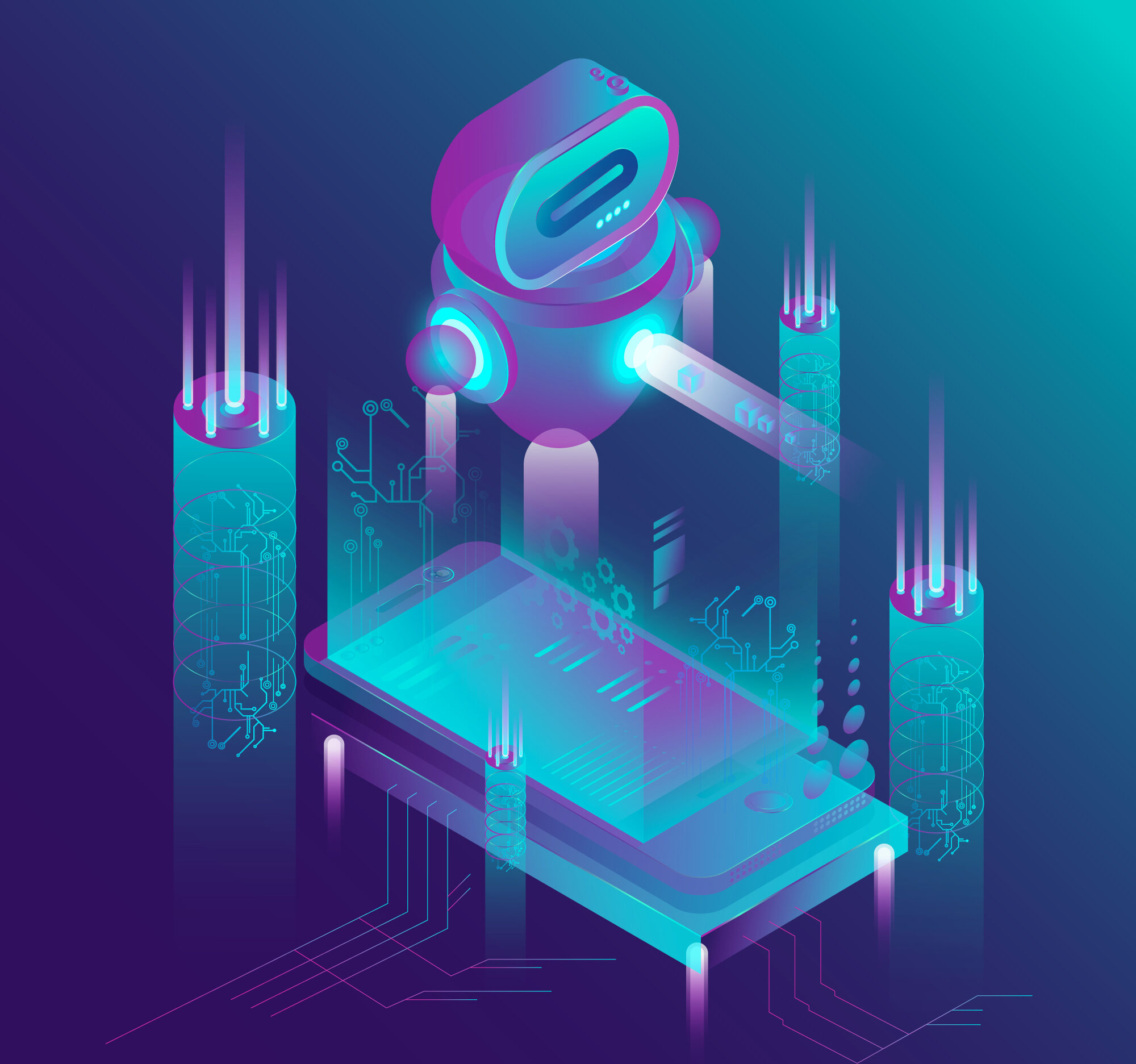
Conclusion
Agentic AI, like OneSky Localization Agent, redefines localization.
It promises efficiency, richer experiences, and growth.
Embracing it unlocks global market potential.
The future favors innovators who adapt.
Leverage agentic AI to thrive globally.
Explore OneSky—revolution is one tap away!

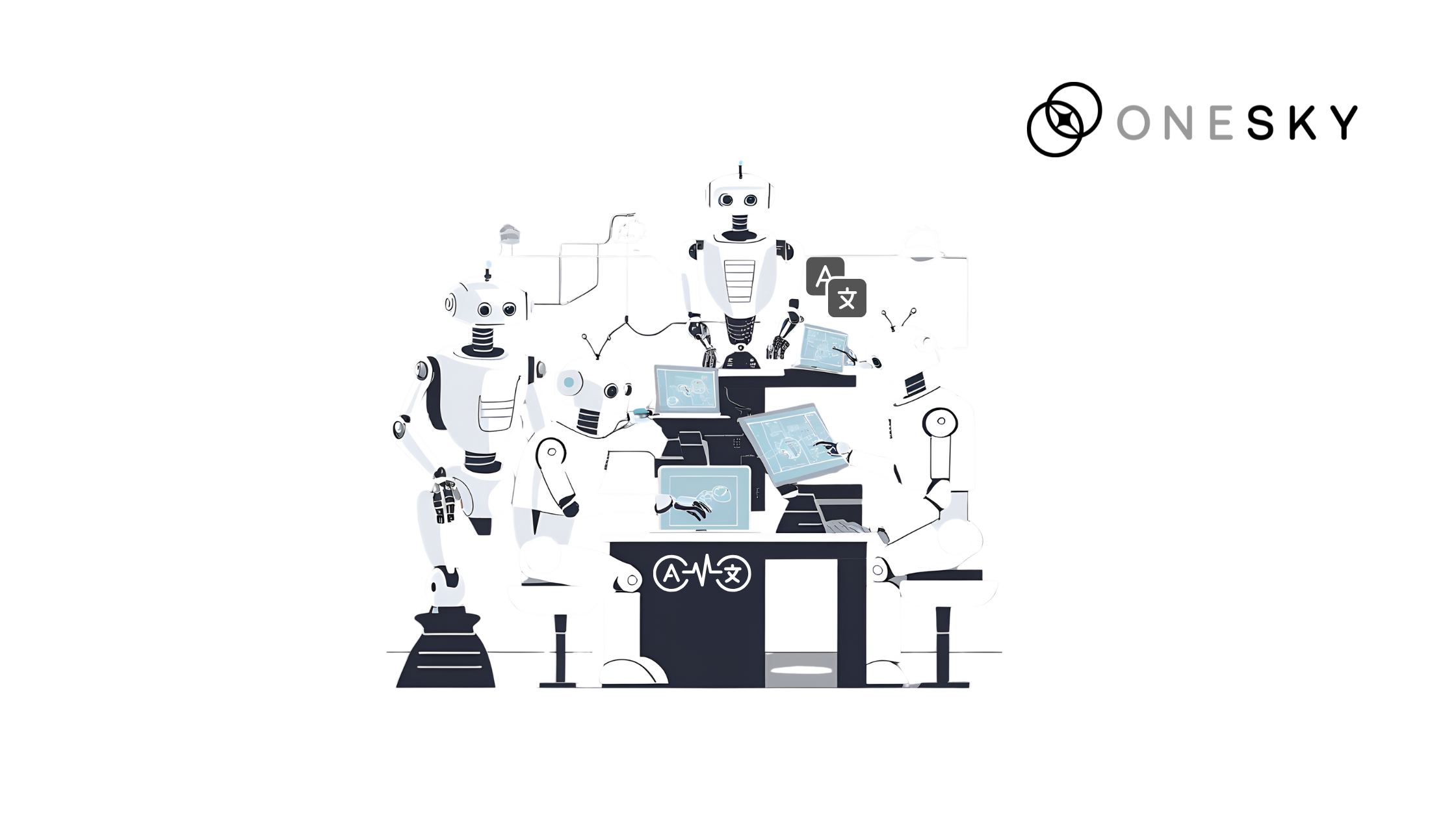
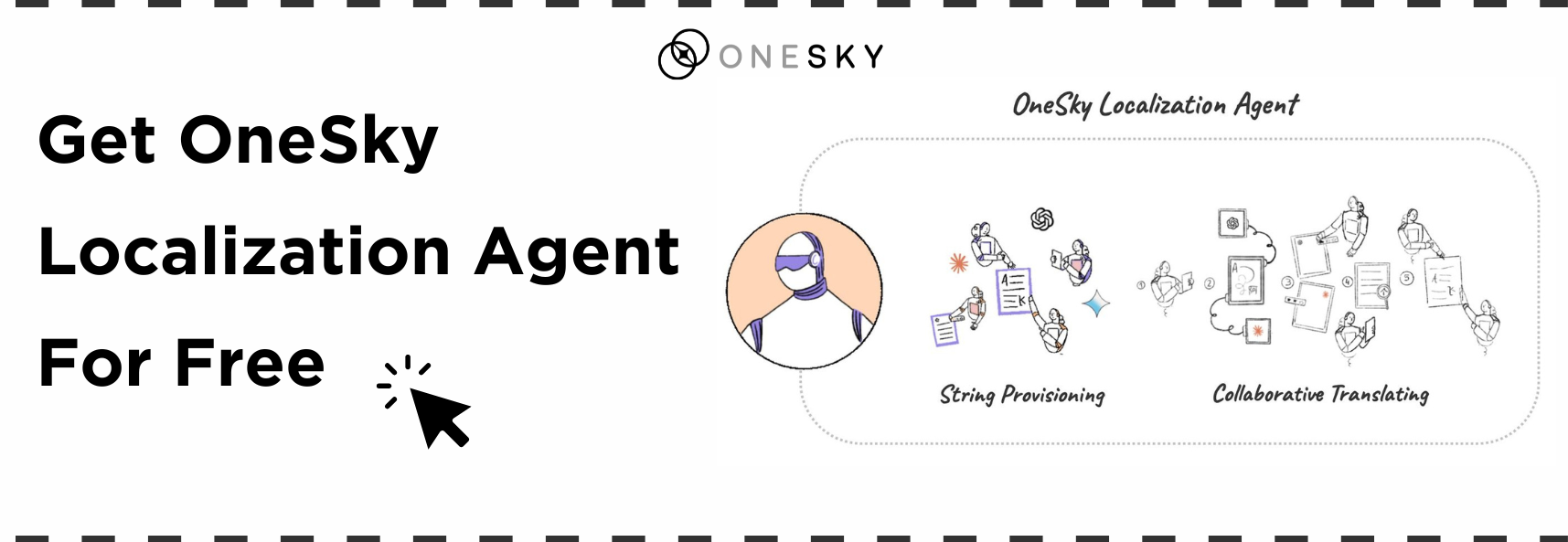
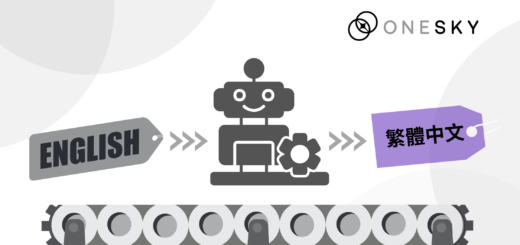
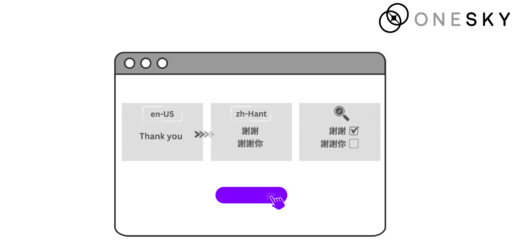
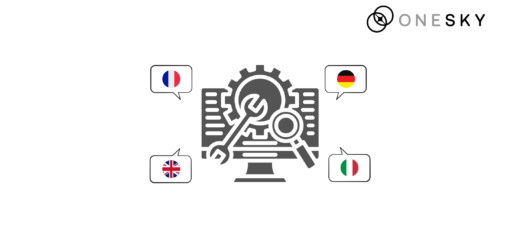
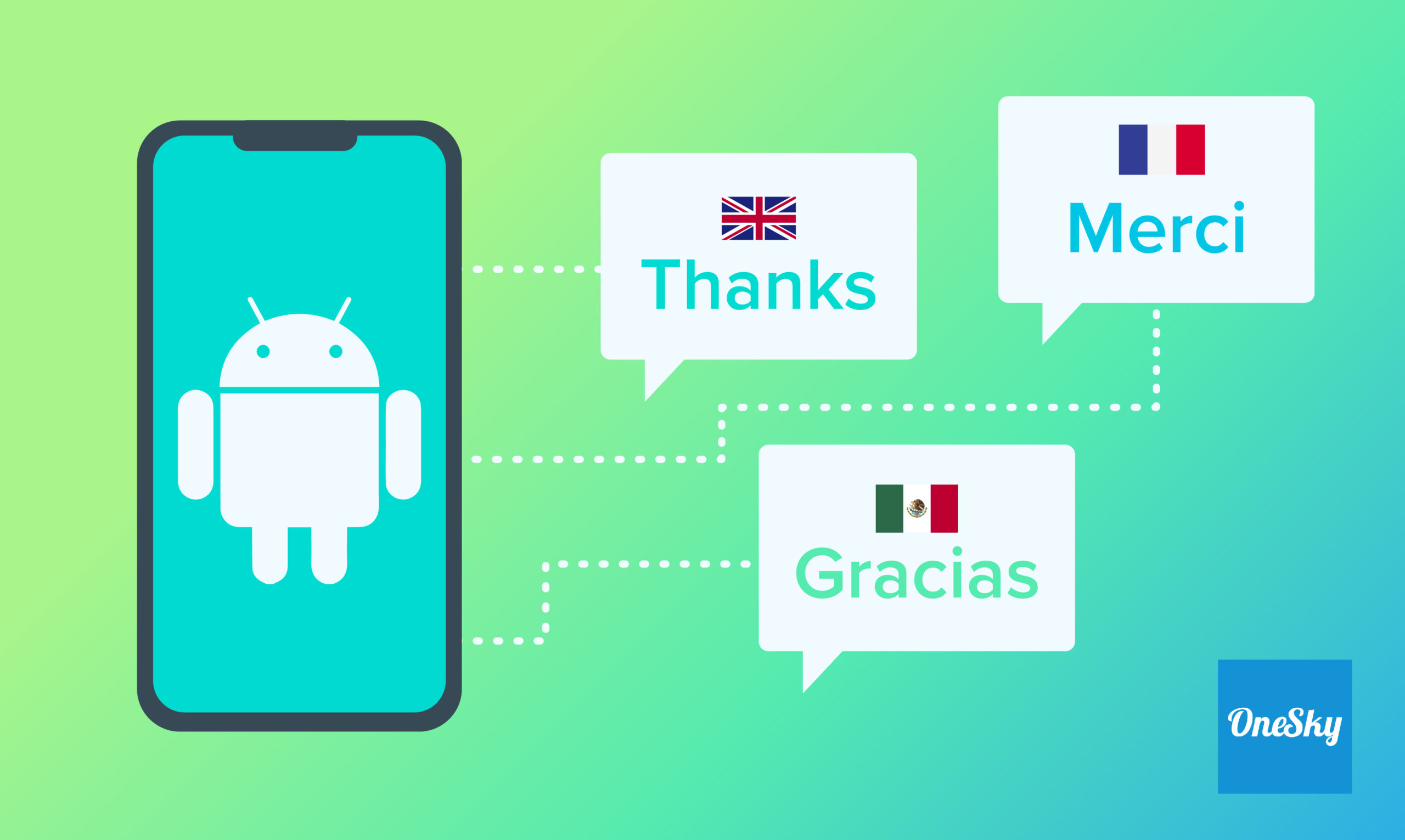
 Written by
Written by 

 Written by
Written by 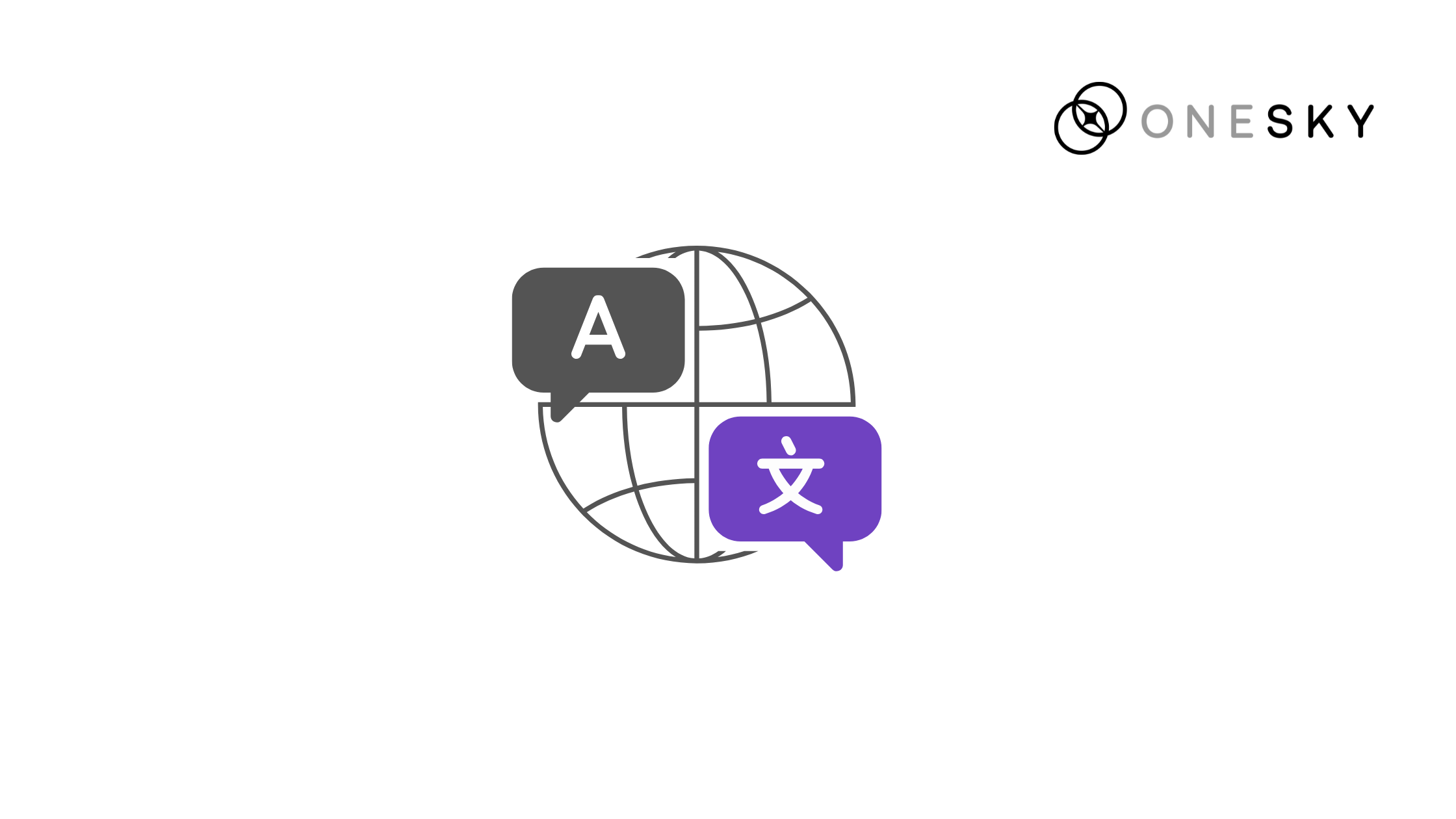
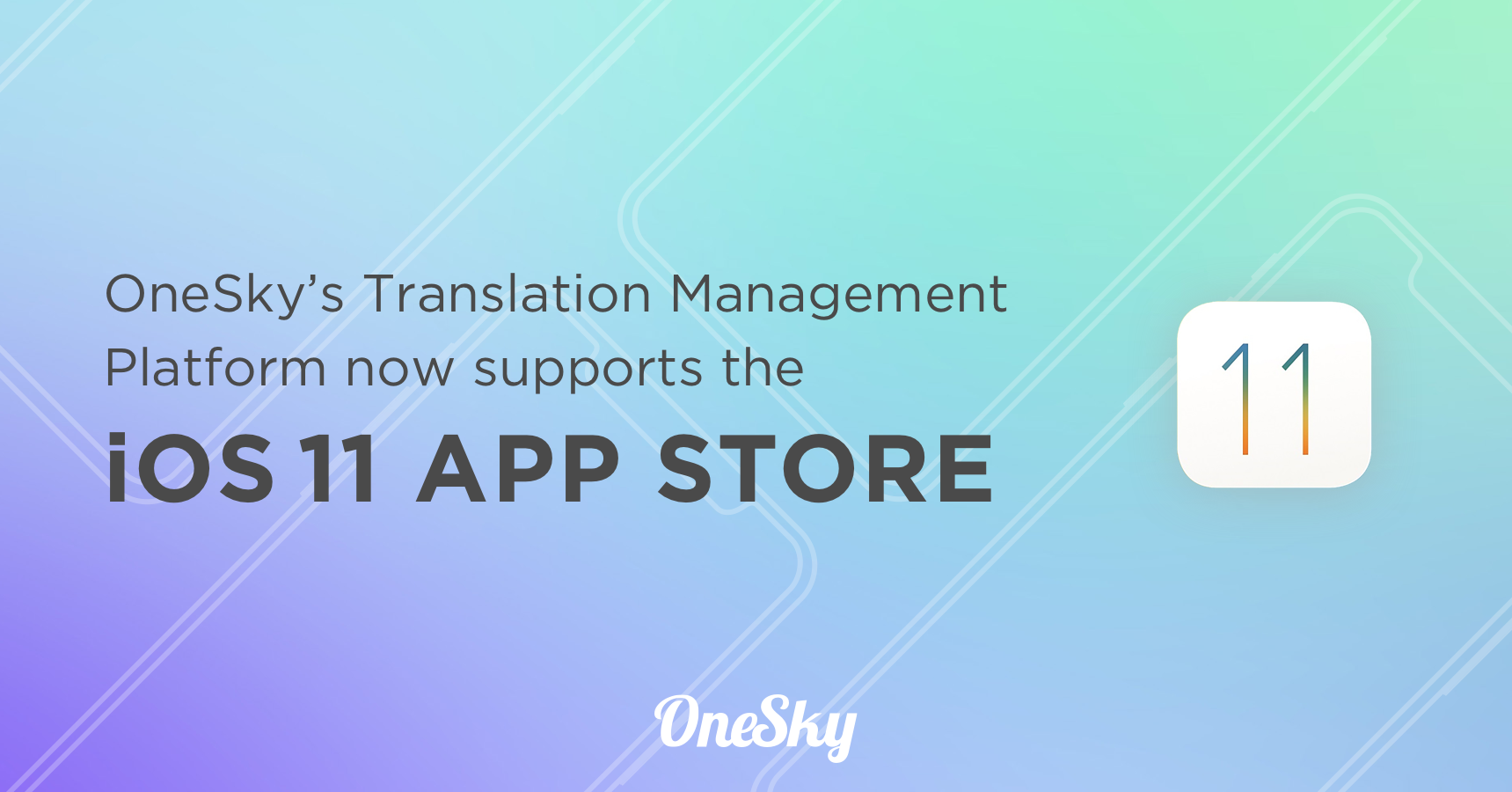
 Written by
Written by 
